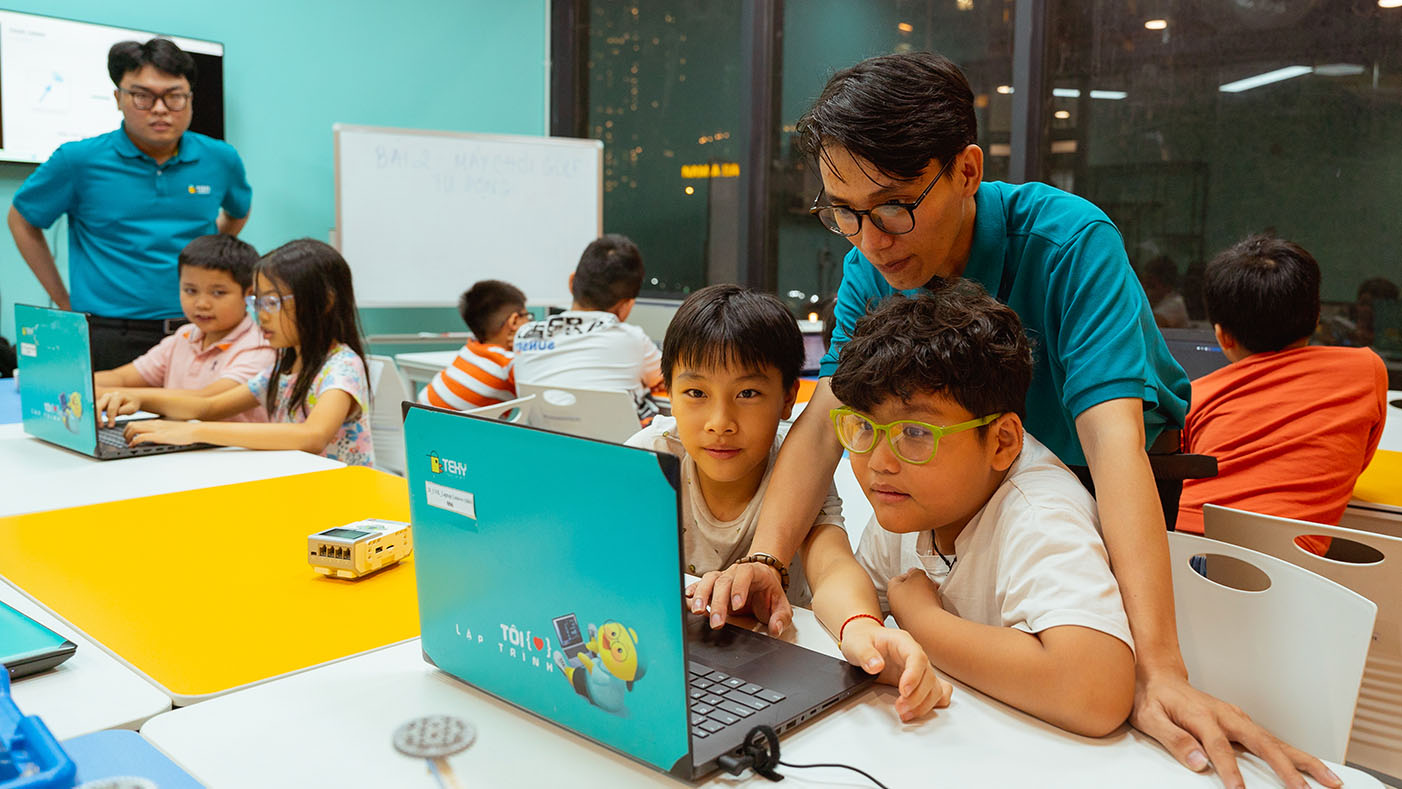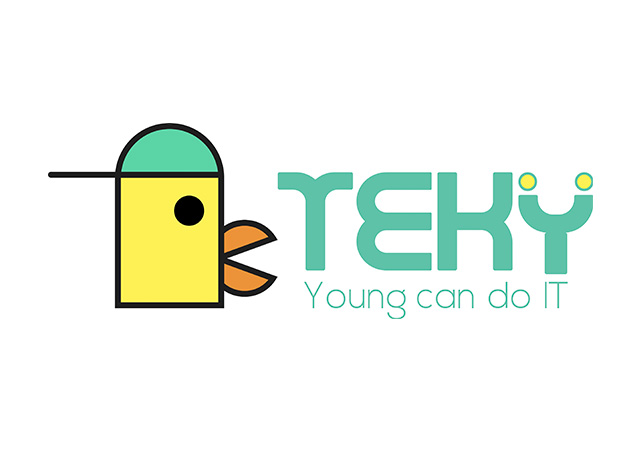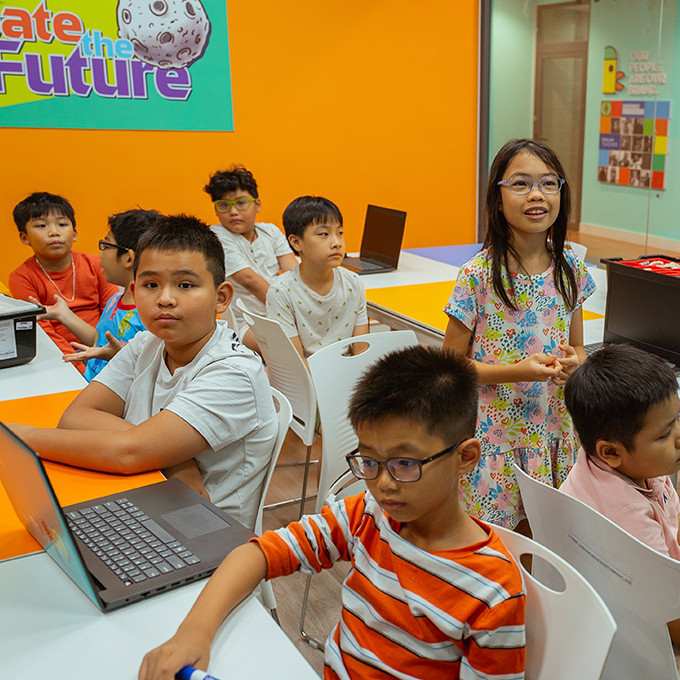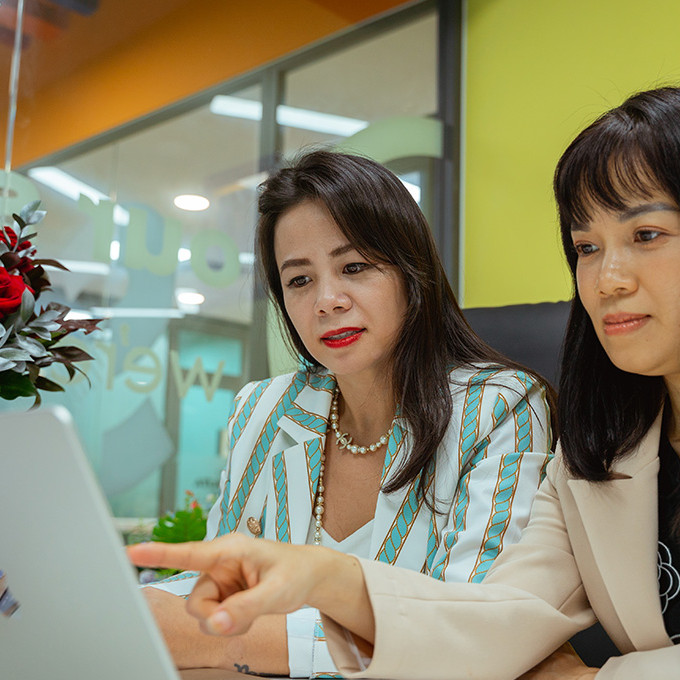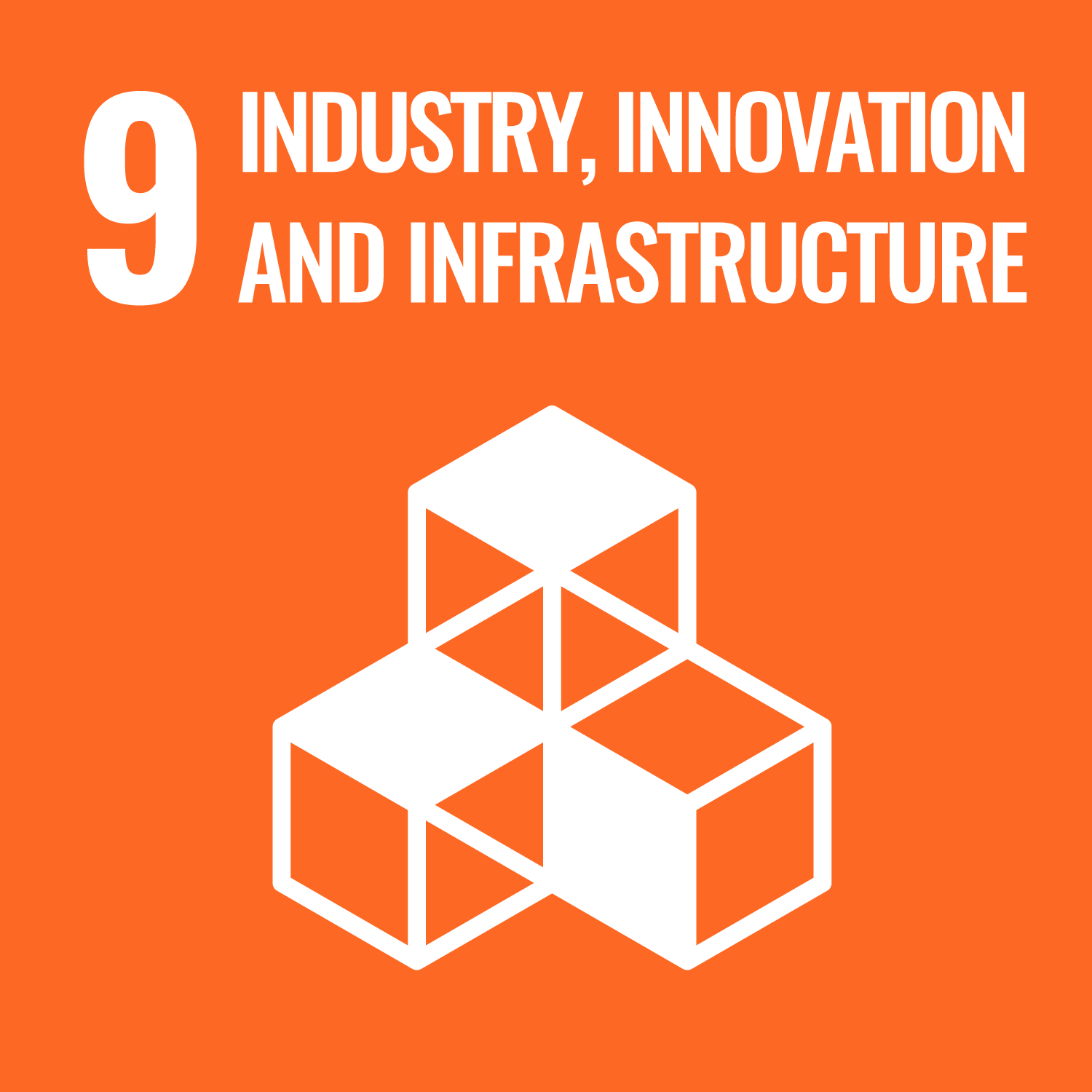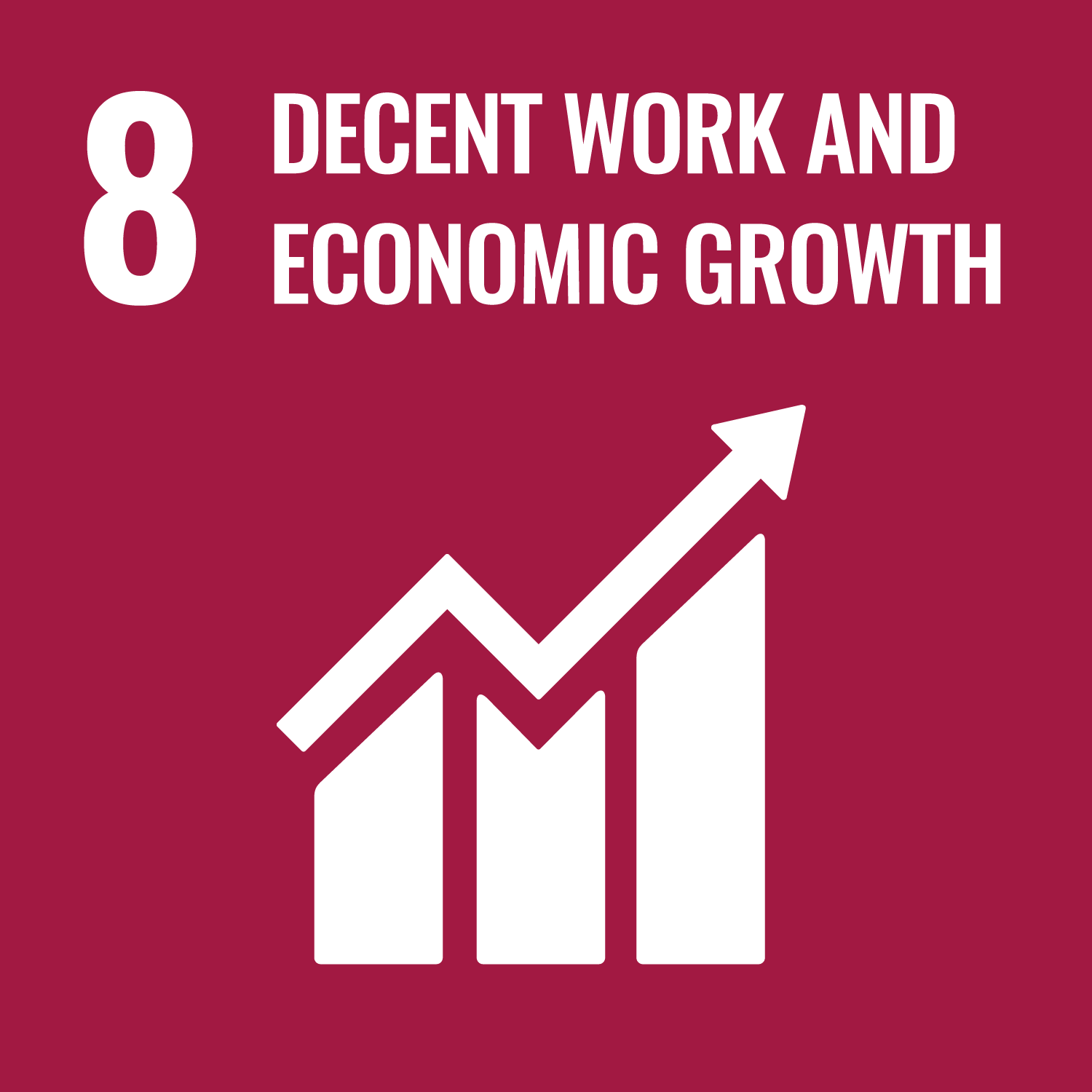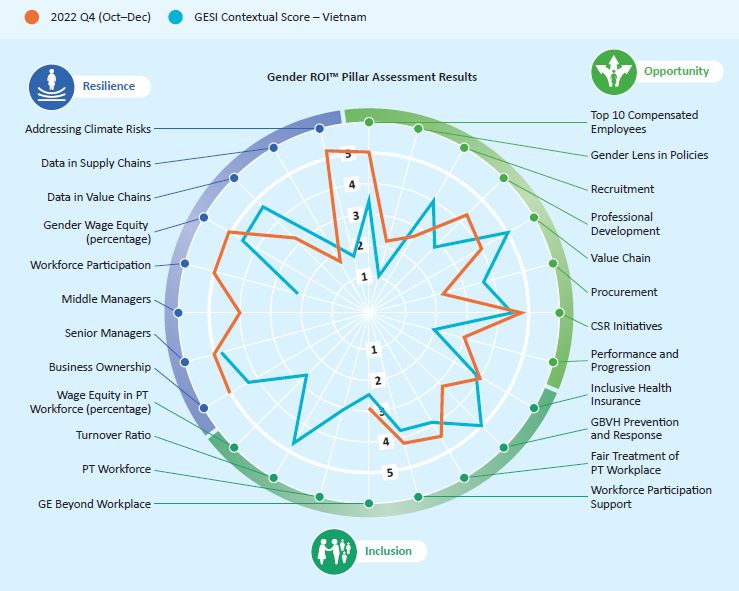TEKY is a leading multidisciplinary innovation academy in Vietnam that provides science, technology, engineering, arts, and mathematics (STEAM) programs for children aged five to 18 years.
Established in 2016 by Ms Dao Lan Huong, the company currently operates 22 STEAM academies in five cities, serving a community of 25,000 engaged students studying after-school courses in programming, robotics and engineering, and 3D printing and multimedia.
TEKY aims to expand Vietnamese students’ access to STEAM programs, improving their literacy, technology skills, critical thinking, and problem-solving abilities, leading to marketable employment skills and educational achievements, while also creating opportunities for Vietnamese teachers and employees, particularly women, through gender-inclusive business practices.
As an organisation, TEKY has the potential to demonstrate improved outcomes in diversity and gender equality as a women-led enterprise that provides opportunities to improve the livelihoods of women who make up majority of TEKY ’s workforce.
Impact
Sweef Capital’s investment in TEKY will support expansion of access to multidisciplinary education, including through digital platforms and in partnership with the public school system in Vietnam. This will increase the diversity and number of young people gaining awareness, curiosity, understanding and skills in diverse disciplines at a young age.
SDG Targets
SDG #3
SDG #9
SDG #8
Impact Targets
TEKY aims to accomplish these impact objectives:
- Expand access to its innovative multidisciplinary curriculum to an additional 156,000 Vietnamese students. This includes 120,0000 public school students and 36,000 students in offline centres, including at least 12,300 girls.
- Triple the number of full and part-time employees, and double the number of full-time women employees, bringing total employment to over 17,000.
- TEKY aims to provide 43,000 person-hours of employee training per year.
Gender ROI™
TEKY ’s Gender ROI™ baseline assessment generated an overall score of 3.4.
Resilience indicators generated a score of 3.73 from strong results from Women representation in business ownership and Workforce participation. Areas to improve on are Addressing climate risks and gender disaggregated data in supply chains.
The score for Opportunity indicators is 2.99, which requires action on Gender diversity in recruitment, Gender lens in policies and strategies and Gender responsive procurement.
The Inclusion indicators generated a score of 3.48 and areas that need further improvement include Survivor-centred prevention and response to gender-based violence and harassment, and Gender equality beyond the workplace.
